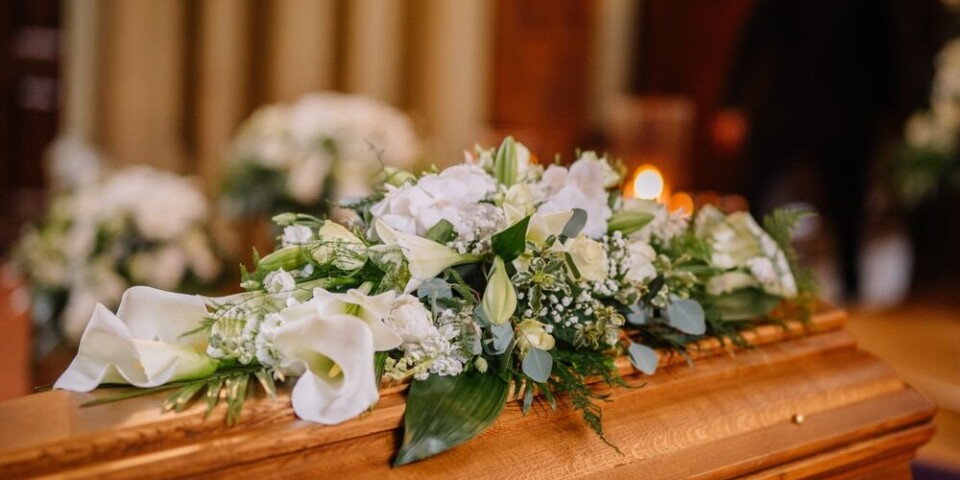-
French woman given one-year sentence for hiring men to evict squatter
Homeowner from south-west found guilty by Bordeaux criminal court
-
Drinking tap water restricted for children in south-west France communes
Haute Garonne prefecture says the measure is precautionary and due to high chlorate levels
-
French prime minister faces fresh problems to pass a 2026 budget
MPs continue to argue over budget but alternative measures could possibly see government toppled
Nurse denied French nationality for working too much to try again
Lawyers argue authorities are ignoring changes to government rules brought in during the pandemic after frontline worker's overtime meant he had worked 60-hour weeks

A nurse who has lived in France for 20 years and worked on the medical frontline during the Covid-19 crisis is hoping to have a second decision denying him French nationality because he works too much overturned.
His lawyers argue that officials were ignoring government changes to working time limits because of the pandemic.
The nurse, who came to the country from Mali and works full-time at a private hospital in the Paris region and part-time at a nursing home, learned his latest application had been rejected shortly after Christmas because of the amount of hours he was working caring for victims of the pandemic.
Including overtime, he regularly clocked-up 60-hour weeks in recent months because of the health situation in France - more than the usual French legal limit of 48 hours per week, or 44 per week over a continuous 12-week period.
This was the sole reason his application has been denied, his lawyer Clémentine Parlier confirmed to Connexion.
But, “as part of a decree in March 2020 to deal with the pandemic, the maximum working time was increased to 60 hours per week," Maître Parlier had explained in an interview on France Inter. "As such, [the application] was perfectly in compliance with the provisions in force.”
An appeal was launched shortly after the application was rejected. But despite confirmation from the Interior Ministry that the file was being reconsidered in January, the wait goes on for the nurse, who has three children with French nationality.
“Frankly, I was a little shocked”, the nurse - who has kept his identity secret - said in an earlier interview with Europe 1. “During the entire Covid period, I was on the front line, because a lot of people had to stop work. At one point I got sick … it was really hard.
"With the crisis, we are working a lot of hours, we are really in demand across all services, especially in emergencies and then in intensive care. I am on the front line," he added.
In September, the minister responsible for citizenship Marlène Schiappa said that applications for French nationality were to be accelerated for workers “on the front line”.
"We want to accelerate the naturalisation of people of foreign nationality on the front line during confinement - rubbish collectors, cashiers, nurses, doctors - who have started the journey to become French," she said at the time.
"We’re talking about the kinds of people we applauded during the health crisis and those concerned will have to have behaved in an exemplary way.”
Other rules, such as having lived in France at least five years and being able to pass a French test at the EU’s B1 lower intermediate level, remained applicable.
In December the Interior Ministry said 2,890 applications for naturalisation had been filed from frontline workers during the first confinement.
At that date: "74 people (had) acquired French nationality and 693 (were) in the process of obtaining it".
Related article
























